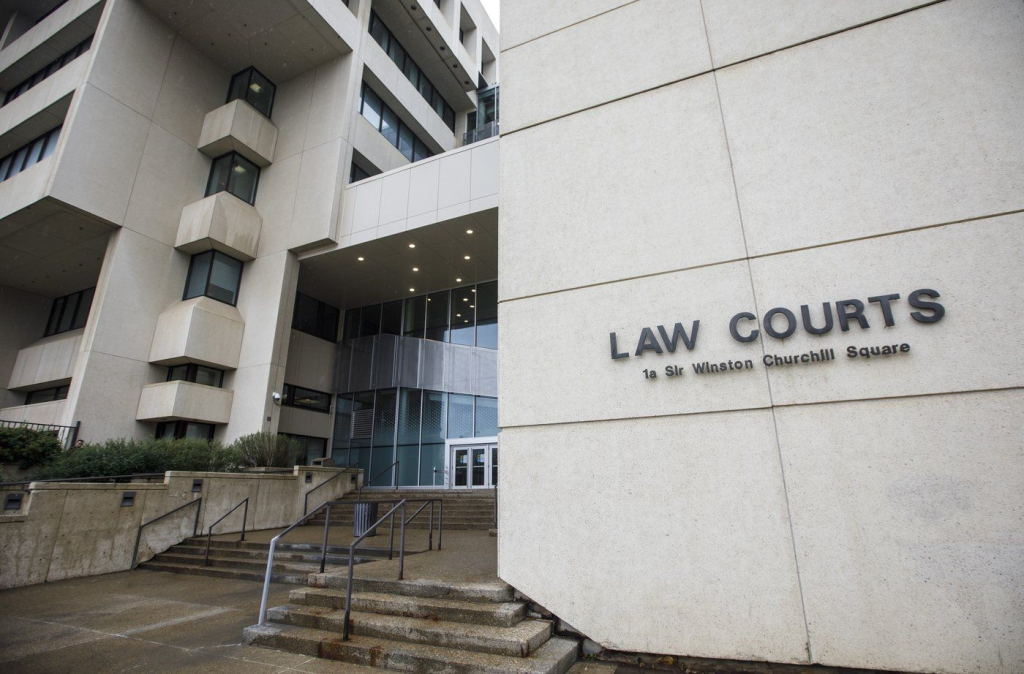Quebec to charge unvaccinated a ‘significant amount’
Posted Jan 11, 2022 1:41 pm.
Last Updated Jan 11, 2022 5:13 pm.
Unvaccinated Quebecers will be charged a fee for refusing to receive a dose of the COVID-19 vaccine.
Quebec Premier Francois Legault says the province will impose an additional fee to all unvaccinated adults to help cover health-care costs.
This fee will not apply to residents with a valid medical reason.
Legault says the amount of the fee has not been determined yet, but it should be “significant” enough to convince the unvaccinated to get the shot.
It is the first time a government in Canada has announced a fee for people who refuse to be vaccinated against COVID-19.
“Right now these people, they put a very important burden on our health-care network,” Legault said of unvaccinated Quebecers. “And I think it’s normal that the majority of the population is asking that there be consequences.
“Yes we will continue to look at spreading the use of the vaccine passport, but I think we have to go further, and I think right now, it’s a question of fairness for the 90 per cent of the population that made some sacrifices, and I think we owe them this kind of measure.”
Less than 10 per cent of those eligible in the province have yet to get a first dose. Roughly 50 per cent of ICU beds are being occupied by the unvaccinated.
“The vaccine is the key to fight the virus, this is why we’re looking for a health contribution for adults that refuse to be vaccinated for non-medical reasons,” said Legault. “Those who refuse to receive their first dose in the coming weeks will have to pay a health contribution.”
Quebec reported 62 more deaths attributed to the novel coronavirus Tuesday, pushing the total number of people killed by COVID-19 in the province to 12,028 – the most in Canada.
The province also reported 8,710 new cases of COVID-19, and health officials say 20 per cent of tests came back positive.
Legault says hospitalizations continue to be the province’s biggest challenge, up by 72 per cent over the last week, with more than 2,700 patients being treated for the virus.
“We estimate that in the next weeks we’ll need 1,000 additional workers for hospitals and 1,500 for CHSLDs,” said the premier. “We’re working closely for union leaders to find solutions.”








